Problem Statement
Vidyakul, an online learning platform, built multiple internal tools to meet specific functional needs. However, these tools were tightly coupled to individual use cases and lacked reusability. Each time the business team proposed a new idea—whether to improve student engagement, offer flexible payments, or run new payout models for educators—the product team faced a bottleneck. They either had to write the logic from scratch or modify existing codebases, increasing development overhead and reducing agility. This rigidity made it hard to iterate fast and blocked the implementation of strategies such as:
- Personalized course recommendations based on student behavior and progress
- Dynamic payout structures for teachers depending on performance or course metrics
- Conditional EMI or pay-later options based on real-time user profile data
- Differentiated payment modes tailored to region or device
These inefficiencies led to missed opportunities to optimize user experience and increase conversions. Business experiments stalled at the implementation phase, and tech bandwidth remained tied up in repetitive work instead of product innovation.
Solution
Vidyakul adopted Nected to transition from hardcoded logic to a fully configurable, no-code rule engine. Using Nected, they were able to:
- Modularize Business Logic: The team defined critical data points (like user attributes, course progress, payment history) and passed them to Nected, which handled the logic dynamically through a central rule system.
- Visual Rule Creation: Business and product teams created and modified logic visually using Nected’s no-code editor, eliminating back-and-forth with developers for every change.
- Frontend and Backend Integration: Depending on the use case, the rules triggered actions across the backend (e.g. processing a payout or validating EMI eligibility) or returned structured JSON outputs for frontend rendering.
- Personalized Experiences at Runtime: For example, after a student completed a chapter, Nected’s decision engine returned a personalized recommendation block in JSON, which Vidyakul rendered directly in the app via HTML components. This enabled highly targeted upselling and user engagement flows without any additional development overhead.
This shift enabled Vidyakul to roll out experiments faster, ship conversion-driving features without delays, and reduce tech team dependency for every business initiative.



.svg)



.svg)
.svg)









%201.svg)
%201.svg)

.webp)


.webp)

.webp)




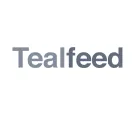


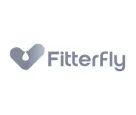


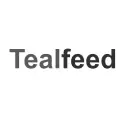



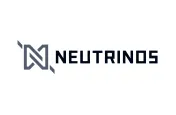
.webp)
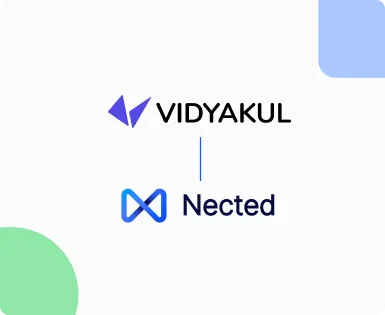
.webp)
.webp)


.webp)

.webp)
.webp)
.svg)

.webp)
.webp)
(2)201.webp.webp)
.webp)
(2)201.webp%20(1).webp)



%20(2).webp)
.webp)
.webp)
.webp)
.webp)



%20(1).webp)
